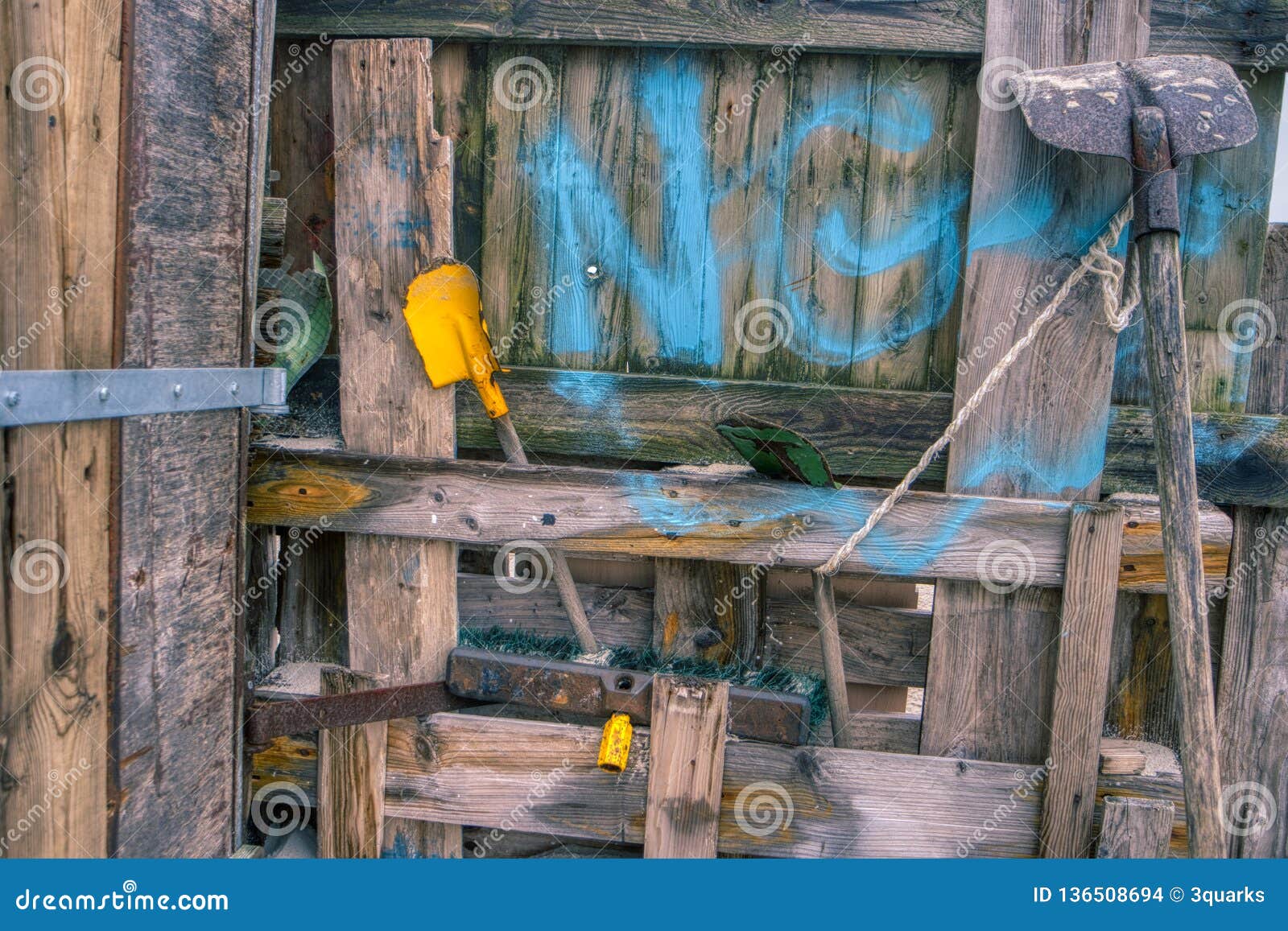Flotsam And Jetsam
- Flotsam And Jetsam Band
- Peter Gabriel Flotsam And Jetsam
- Flotsam And Jetsam Costume
- Flotsam And Jetsam Meaning
Flotsam And Jetsam are a true anomaly in the annals of thrash and arguably the most underrated entity in heavy metal history. True fighters, the Phoenix-based five-piece led by originals Eric “AK” Knutson and guitarist Michael Gilbert (along with bassist Bill Bodily, guitarist Steve Conley and drummer Ken Mary) have been doing battle in the trenches since the early ‘80s. Flotsam and Jetsam - where good goods are found. 84 Ponsonby Rd, Ponsonby.
Origin of the Terms
The words flotsam and jetsam were frequently used in 17th century and John Cowell’s 1607 publication The Interpreter contained the meaning of the words. The words were originally spelt with an 'o' - 'flotsom' and 'jetsom' instead of 'a' which was introduced in early twentieth century.

Distinguishing features of Flotsam and Jetsam
Flotsam describes goods that reach the ocean without having been deliberately put there. They are characteristically found floating on the ocean waters due to the action of the sea. Jetsam includes goods that are voluntarily thrown into the sea; for example by the crew of a ship in order to lighten the ship in an emergency.
Ownership of debris

Jetsam becomes property of the finder while flotsam continues to be owned by original owner. Marine salvage rules are applicable to both. Salvage law decrees that salvor should be rewarded for risking life and property. Shipwrecked goods should be reported to Receiver of Wreck and returned to rightful owner in UK.
Consequences of Flotsam and Jetsam in Oceans
Ocean dumping, accidental spillages, floating wind blown wastes are contributing to problem of ocean dumping. Ocean debris accumulates at centre of gyres and on coastlines. Flotsam and jetsam found in oceans include anthropogenic artifacts like fishing nets, balloons, plastic bags, wastes from cruise ships, oil rigs etc. Biomagnification is the most profound and evident effect of marine debris.

Uses of Marine Debris
Not all debris are harmful. Spillages of iron and concrete are immobile and used as scaffolding for making artificial reefs which increase biodiversity of coastal regions. Ship wrecks have become a blessing for these ecosystems and sometimes ships are deliberately sunk in coastal waters for this purpose. Organisms have adapted to live on mobile plastic debris making them more invasive in remote ecosystems. Flotsam has particularly been useful in studying ocean currents.
Other Marine Debris
Flotsam And Jetsam Band
There are two other marine debris which are classified under wreck by the Merchant Shipping Act - ligan and derelict. Ligan describes goods that are sunk in the sea attached to a floating object marked with ownership with intention of being found again. Derelict are goods which are abandoned or deserted at sea without any hope of being discovered like cargo and vessels.
Peter Gabriel Flotsam And Jetsam
Flotsam and Jetsam is also a thrash metal band that was formed in Phoenix, Arizona in 1982.
References
Flotsam And Jetsam Costume
You may have heard of 'flotsam and jetsam' from the movies, but do you know the meaning of the words? While the phrase 'flotsam and jetsam' is often used to describe 'odds and ends,' each word has a specific meaning under maritime law.
Flotsam and jetsam are terms that describe two types of marine debris associated with vessels. Flotsam is defined as debris in the water that was not deliberately thrown overboard, often as a result from a shipwreck or accident. Jetsam describes debris that was deliberately thrown overboard by a crew of a ship in distress, most often to lighten the ship's load. The word flotsam derives from the French word floter, to float. Jetsam is a shortened word for jettison.
Under maritime law the distinction is important. Flotsam may be claimed by the original owner, whereas jetsam may be claimed as property of whoever discovers it. If the jetsam is valuable, the discoverer may collect proceeds received though the sale of the salvaged objects.
NOAA's Marine Debris Program's mission is to investigate and remove problems that stem from marine debris to protect and conserve our nation's marine environment, natural resources, industries, economy, and people. Marine debris is defined as any persistent solid material that is manufactured or processed and directly or indirectly, intentionally or unintentionally, disposed of or abandoned into the marine environment or the Great Lakes.
Flotsam And Jetsam Meaning
A majority of the trash and debris that covers our beaches and floats in our ocean comes from storm drains and sewers, as well as from shoreline and recreational activities such as picnicking and beachgoing. Abandoned or discarded fishing gear is also a major problem because this trash can entangle, injure, maim, and drown marine wildlife and damage property.